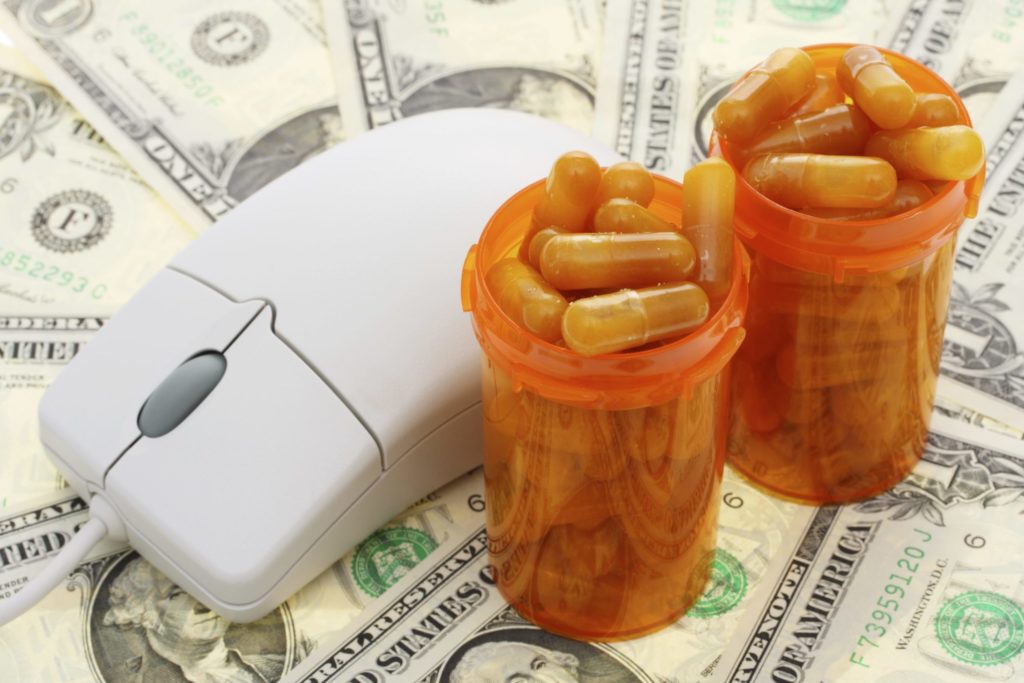Recent data collected by the Texas Department of Public Safety demonstrates that in Harris County obtaining a prescription for often abused controlled substances is very easy. In fact, some of the highest prescribing doctors in the state reside right here in Houston’s largest county, Harris County. The clinics responsible for the highest numbers of abusable medications are known as “pill mills” because they appear more like mass-production factories than actual medical clinics. Patients form lines that often wrap around the block and are whisked in and out without much, if any, of a medical assessment. They are then instructed which pharmacy to use, often one with financial ties to the clinic itself. These pill mills are most often staffed by physicians without specialty designation for pain or other applicable specialties and accept only cash, often netting millions of dollars every year for those doctors who have relegated their practices to what can be described as selling prescriptions. In such clinics and especially here in Texas, there is a combination of 3 medications that are prescribed so often together that they, too, have developed a nickname, the holy trinity or the terrible triad. These three medications are a pain killer such as Lorcet, a muscle relaxer such as Soma, and a sedative such as Xanax. People come from other states with more stringent prescribing laws in order to stock up from the cavalier prescribing practices found in the pill mills. Prescription abuse is not a new phenomenon. However, the recent data confirms what those of us who have been treating addiction have known for years. At Spirit Lodge and Right Step, we may have over 70% of the patients admitted at one time who have been addicted to prescription drugs. Twenty years ago, the percentages at any rehab across the country would never be that high. It is not merely a problem in Harris County. The non-medical use of pain killers, sedatives, and muscle relaxers is a serious and growing health problem in the United States. The National Institute on Drug Abuse (NIDA) estimates that 48 million people have used prescription drugs for non-medical reasons. Due to the difficulty for law enforcement to question physician’s medical practices, unethical pill mills are able to operate under the guise of treating pain and anxiety. I have been specialized in treating addiction for several years now and have interviewed hundreds of patients who were at one time regular customers of such clinics. There is no mistaking what happens in these pill mills with legitimate medical practices. Yet, they continue to flourish because the money is good and the demand is high. There are horrible consequences of more frequent prescription drug abuse. More people are dying of unintentional overdoses; more livers are failing; more lives are being destroyed. It is first imperative that we treat anyone who has actual pain or any medical condition for that matter, including addiction. While these clinics are often criminal in nature, we must not loose sight of the fact that they are partially being driven by individuals who are suffering from the miserable chronic disease of addiction. While at first such easy access to multiple abusable drugs may seem like a godsend, soon the addiction progresses and the negative consequences begin to mount. Relationships and families are torn apart, physical and emotional health deteriorates, and jobs are lost. Often my patients must go to several of these clinics because their addiction has progressed to the point where they are taking one month’s worth of medications in a few short days. Sadly, when the ability to continue paying for the doctor visits and medications rises, so too does crime and switching to cheaper street drugs like heroin. Communities have the responsibilities of regulating what happens. So, it is all of our responsibility to speak up while never losing sight of the pain and suffering caused to those who suffer with addiction. Attacking the pill mills is not enough. We must also extend treatment and help to all those poor soul who are trapped in the addiction cycle. While prescription addiction appears on the rise, it should be noted that many people take prescription medications responsibly. Studies have shown that properly managed medical use of pain killers, muscle relaxers, and sedatives is safe and rarely causes addiction. Physical dependence is an inevitable physiologic adaptation that differs from the disease state of addiction. Everyone deserves adequate, appropriate medical management. The good news is: there is hope. Overcoming any addiction has its challenges, yet what we know from outcome studies is promising. Managing addiction is as successful as managing diabetes and high blood pressure. When someone has a prescription drug problem, there is a high likelihood that a medical detoxification will be required. Sedative withdrawal can be fatal and opiate (pain killer) withdrawal is not fatal but so painful that people say they wish they were dead. In any case, there are several effective medications available, like Suboxone, that can provide better degrees of safety and comfort than were available a decade ago. Combined with holistic care and proper psychosocial behavioral treatments, individuals suffering with prescription pill addictions can embark on a healthy and fulfilling life journey that can last the rest of their lives.






